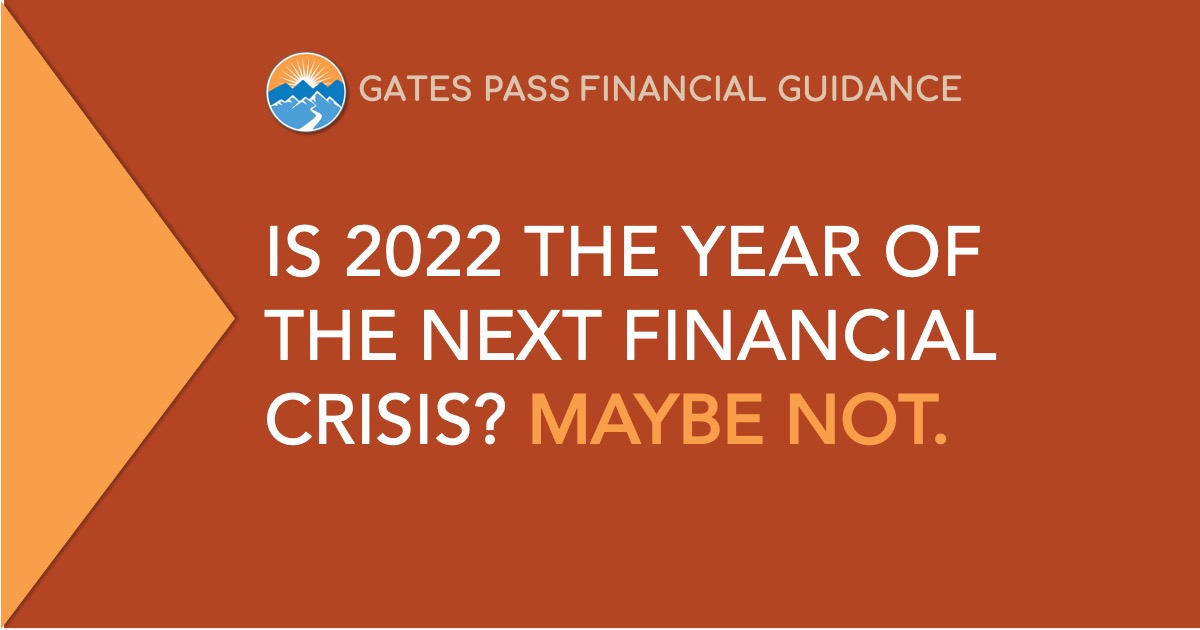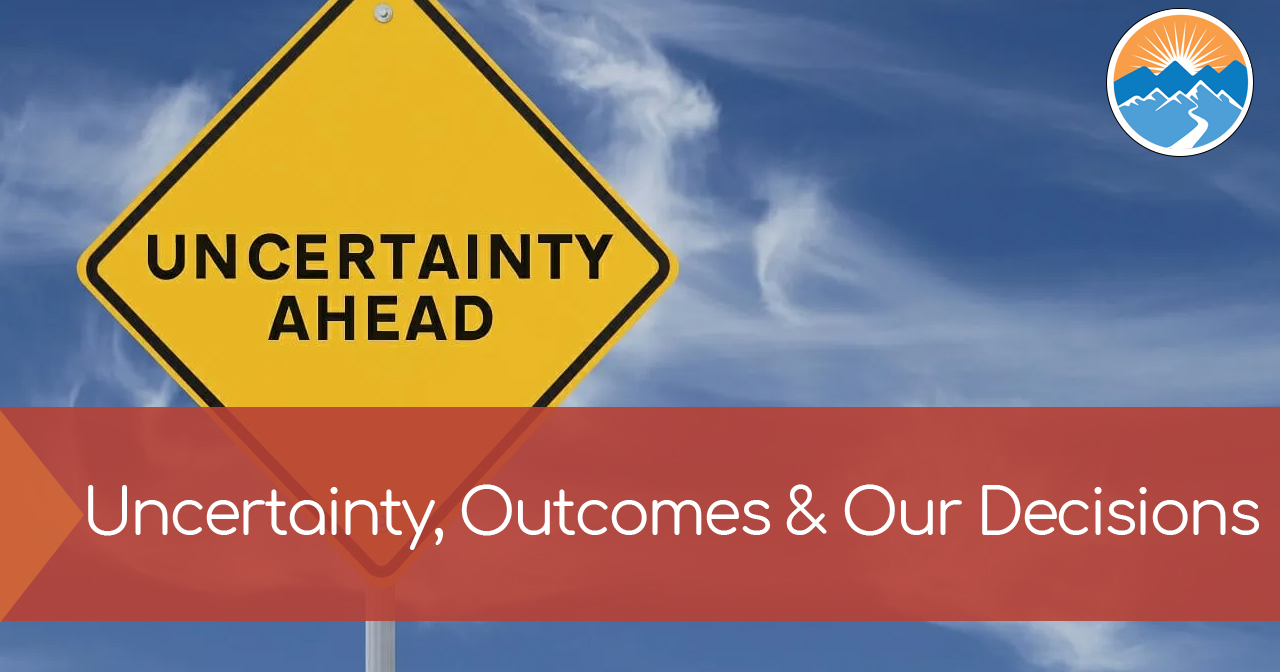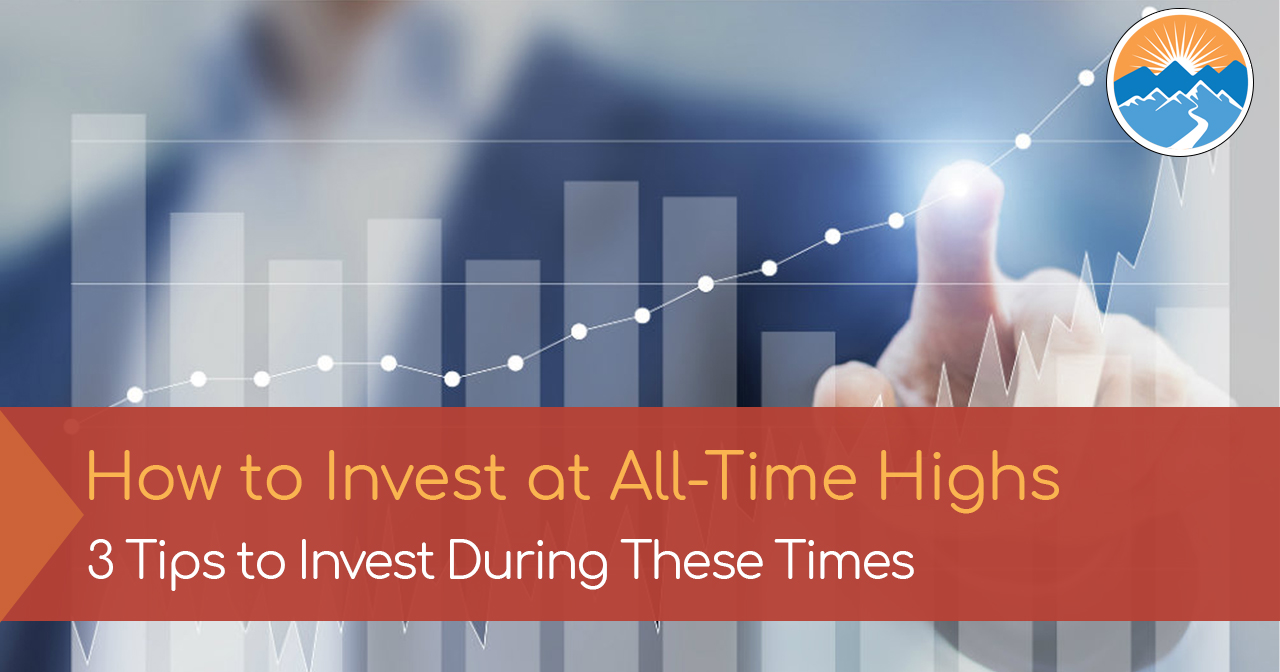Just when it seemed like the world was coming out of a two-year-long pandemic, the war in Ukraine has gas prices soaring and tensions about the future on the rise. Headlines touting Inflation and Recession have people worried about what this year will mean for their finances, both in the short and long term. Will recent gains in employment be lost? Is 2022 going to be the year of a new recession?
Actually, we might be okay.
If you look at recent history, we’re currently better off. In great recession of the late 2000’s, company shutdowns led to inflation. This was so the economy could keep up with supply and demand. To make matters worse, 26 million people were looking for work in a job market that had only 2.5 million openings. It was a slow and gradual process to attain nationwide stability and took years for both consumers and suppliers to get back to full strength.
Fast forward to March 2020 when the pandemic first hit the U.S. Even with historic shutdowns, the nation fared better. In fact, reports show that after two years of isolation and COVID-19 restrictions, people are in a better financial position now than they were five years ago. Why? Today, people have more savings and less debt than they did pre-pandemic.
So what contributed to this unexpected boost of financial stability among consumers in the midst of a worldwide crisis – one that many felt was the road to bankruptcy? There are two standout answers:
- A shift in supply and demand
During the pandemic, more people purchased actual goods rather than spending their money on services such as travel, hotels, restaurants, and entertainment. The shift in supply and demand was so great that large corporations like Amazon and John Deere responded by increasing employee wages in order to attract and keep their staff. Two years later we are seeing a rise in service-based industry spending again.
- The Great Resignation
This term describes the mass movement of America’s workforce towards early retirement and job changes. With a higher risk of complications from COVID-19, more equity in their homes, and rising inflation costs, many people nearing retirement made the decision to transition out of the workforce earlier than expected. In addition, younger people took the opportunity to reevaluate their current positions and made changes as a result. This led to more jobs. Today, the job market is a stark contrast to the mid to late 2000s. Currently, 12.5million people are looking for employment in a job market with 11 million openings, making it the smallest gap in unemployment in decades.
So yes, gas prices are soaring and inflation is high. However, it’s important to note that inflation isn’t a result of supply and demand just yet. Taking notes from the past, corporations and banks see the economy doing well so they’re “pumping the brakes” as a precaution. Higher prices are a way to maintain stability in preparation for whatever 2022 may bring.
Although there’s no sure bet, what we’re seeing now actually looks more reassuring than what we’ve seen in past decades. Which means we may not be headed for another financial crisis in 2022.
Looking to strengthen your financial assets? Gates Pass Advisors is a trusted firm that can help you get started. Together, we can work toward a structured plan, free of uncertainty. After all, you deserve it.
| Categories:




